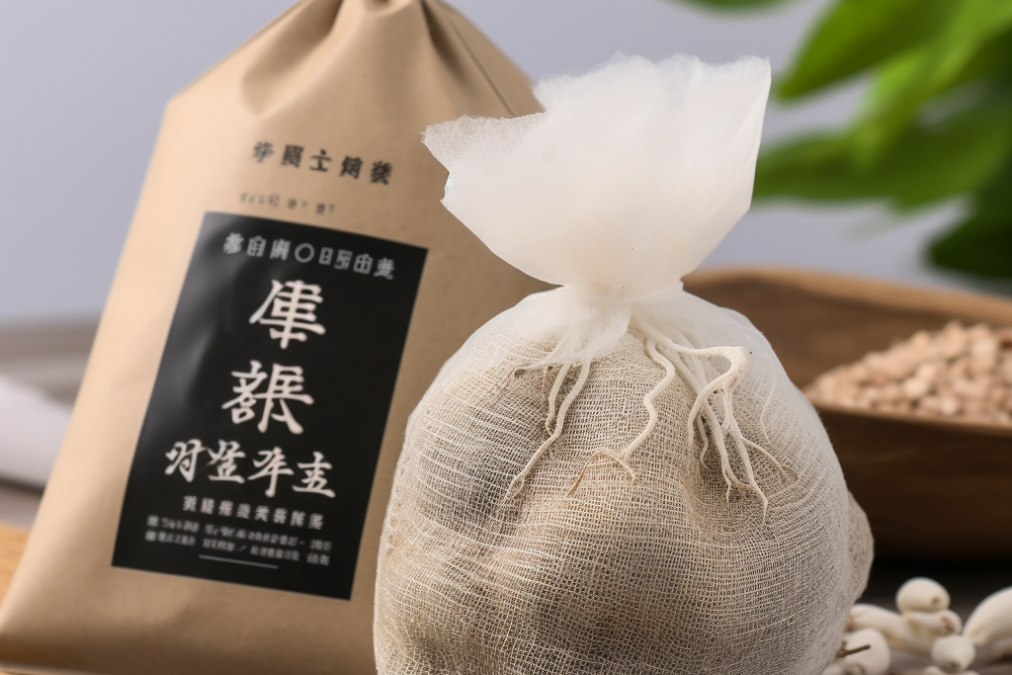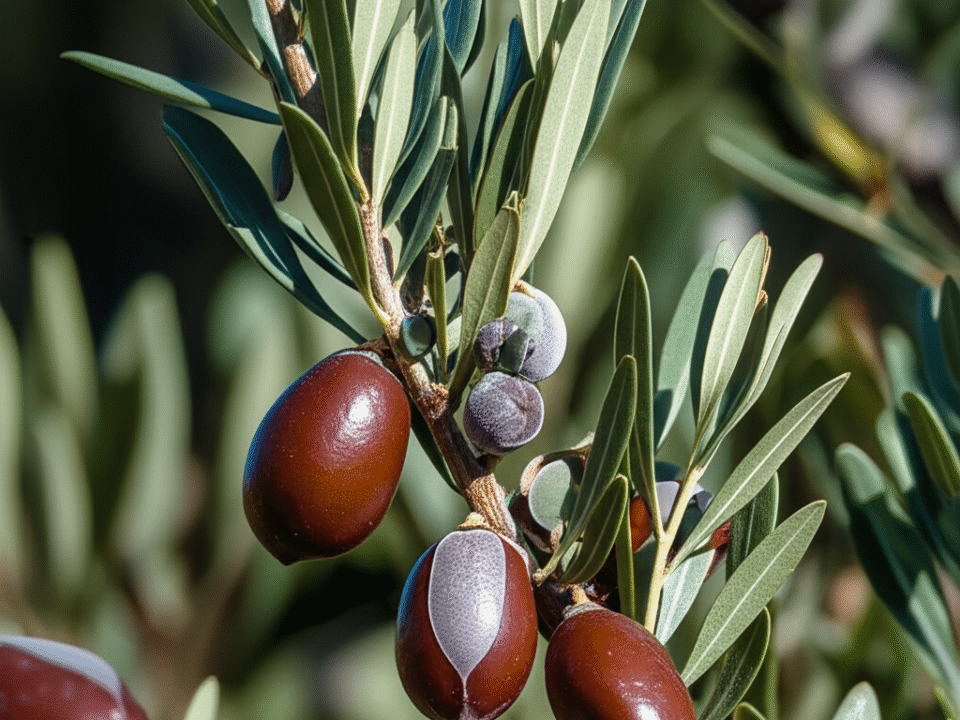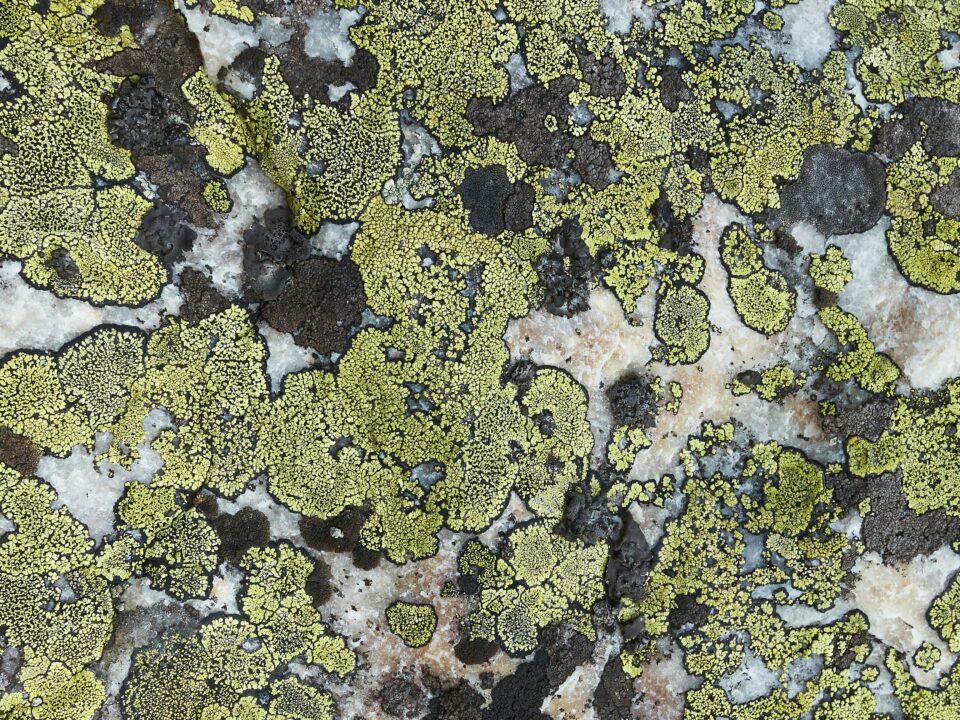
Konjac root powder is derived from *Amorphophallus konjac*, a plant native to Yunnan in southwest China, known for its edible corm. This vegetable is also referred to by several names, including konjaku, konnyaku potato, devil’s tongue, voodoo lily, snake palm, and elephant yam. However, the name “elephant yam” can also refer to Amorphophallus paeoniifolius.
This plant thrives in warm, subtropical to tropical regions of East and Southeast Asia, extending from China and Japan to Indonesia and Vietnam. Wild varieties naturally grow in these regions, and konjac has been utilized in Japan since the 6th century, particularly for its supposed medicinal properties.
In East and Southeast Asia, konjac is highly valued for its large, starchy corms, which are processed to create flour and jelly, both of which are also referred to as konjac. Furthermore, konjac is popular as a vegan alternative to gelatin due to its unique gelling properties.
Konjac powder is produced by drying and grinding the corm of the plant into a fine, flour-like consistency. This powder is widely used in the food industry, primarily as a thickening agent in various products due to its ability to form a gel. It is also an excellent source of dietary fiber, particularly glucomannan, a water-soluble fiber capable of absorbing large amounts of water to create a gel-like substance.
The food industry extensively utilizes konjac powder to produce items such as konjac noodles, jelly, and rice, which are staple foods in many Asian cultures. These products are often marketed as low-calorie, low-carbohydrate alternatives to traditional wheat-based noodles and rice, making them popular among health-conscious consumers.
In addition to its culinary uses, konjac has significant benefits in skincare. The plant’s natural moisturizing properties allow konjac powder to retain a large amount of water, which, when applied to the skin, enhances hydration. This increased hydration can result in a plumper, more supple complexion. This is particularly relevant in relation to hyaluronic acid, a naturally occurring substance in the human body, most notably in connective tissues, joints, and the skin.
Hyaluronic acid plays a critical role in maintaining skin hydration and lubrication, primarily within the dermis—the deeper layer of the skin. However, as individuals age, the skin’s natural production of hyaluronic acid decreases, leading to diminished moisture levels, loss of firmness, and the development of wrinkles.
The primary function of hyaluronic acid in the skin is to keep it well-hydrated, moist, and supple. Hyaluronic acid has the exceptional ability to retain up to 1,000 times its weight in water, making it one of the most effective natural humectants. It draws moisture from the environment and binds it to the skin, helping to maintain hydration levels. Adequate moisture is essential for the skin’s elasticity, firmness, and overall health, as it helps prevent fine lines and wrinkles. Furthermore, hyaluronic acid aids in wound healing by promoting tissue repair and reducing inflammation.
Similarly, konjac powder has been suggested to offer anti-aging benefits due to its hydrating and exfoliating properties, which may improve skin elasticity. When applied to the skin, konjac root powder can penetrate the upper layers of the epidermis and draw water from the dermal layer beneath. The glucomannan in the powder expands as it absorbs this moisture, effectively plumping the skin and reducing the appearance of fine lines and wrinkles. This results in a smoother skin surface with long-lasting hydration.
Konjac powder offers several other skincare benefits. Its gentle exfoliating properties make it an excellent natural exfoliant, suitable for removing dead skin cells and unclogging pores, leading to smoother, brighter skin. It is also known for its soothing and calming effects, making it beneficial for individuals with sensitive or irritated skin. Konjac powder can reduce redness and inflammation, providing a calming sensation.
Moreover, the natural pH level of konjac powder is similar to that of human skin, making it helpful in maintaining a balanced skin pH, which is essential for a healthy skin barrier. Konjac powder is also hypoallergenic and non-irritating, making it suitable for sensitive and acne-prone skin types, with minimal risk of adverse reactions.
While konjac powder is generally safe for most people, it is still possible for some individuals to experience sensitivities or allergies. Care should be taken when introducing any new skincare product into a routine, especially for those with a history of allergies or sensitivities.
In conclusion, konjac root powder is a versatile and beneficial ingredient, offering hydration, exfoliation, and soothing properties for both culinary and skincare applications. Its ability to retain moisture, combined with its gentle, non-irritating nature, makes it a valuable component in many modern skincare products.



